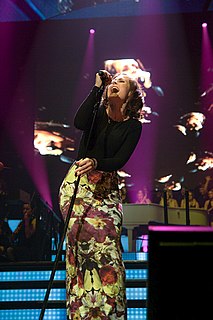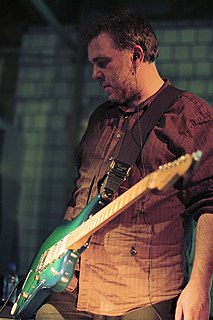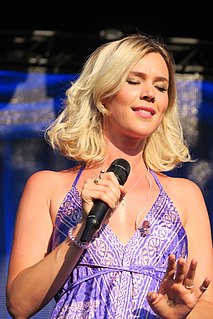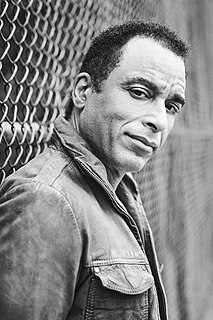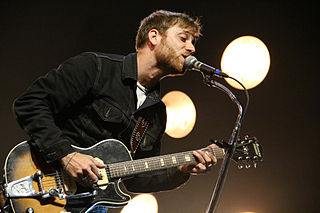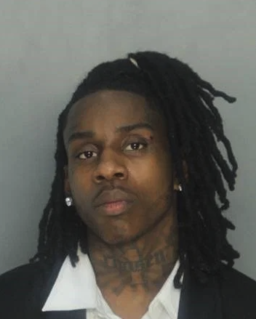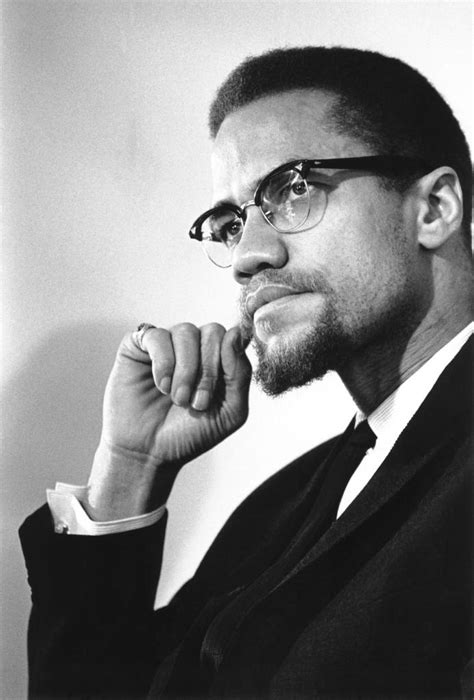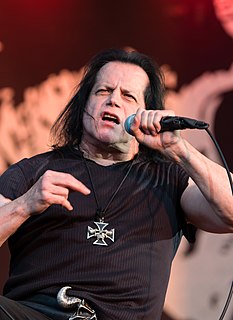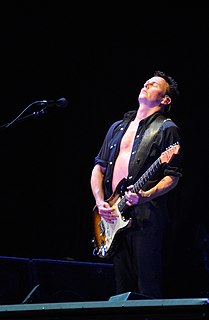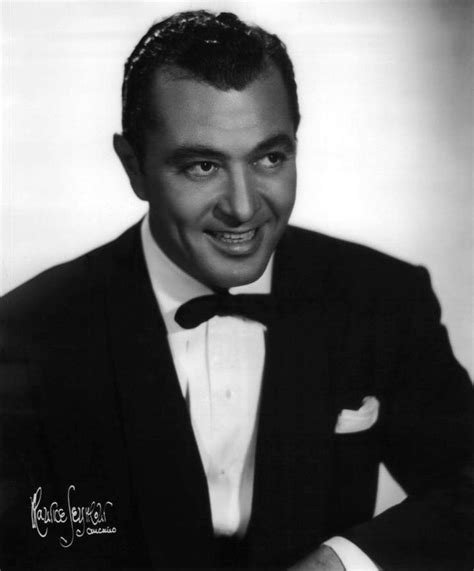A Quote by Alison Moyet
It was always important to me that I made a record where I really sang well, and I don't think it's happened yet. There's always a possibility with each album that I might not record again, and I wanted to produce one that I could feel was mine.
Related Quotes
When I produce someone's record I have to remember it's their record..no matter what I bring to it..er, sometimes that's not too easy:) It is a responsibility made less easy by people I work with encouraging me to play guitar on their record...A soon as I start playing guitar on someone's record it inevitably starts to sound like me...not always a good thing.
That one record changed everything for me. After Sgt. Pepper, it's the most influential record in the history of rock and roll. It affected Pink Floyd deeply, deeply, deeply. Philosophically, other albums may have been more important, like Lennon's first solo album. But sonically, the way the record's constructed, I think Music from Big Pink is fundamental to everything that happened after it.
Al Gore wanted to tell people what they could listen to and what they couldn't, what they could record. It was basically coming down to the idea that he wouldn't let anybody record any music that he didn't think you should be doing. There was going to be an organization that would tell you what you could and couldn't record.
I struggled with the pressure of having the successful record after the first record. Second album syndrome. I'm living proof; it's very real. It was like a psychological battle to be creative. I used to never feel pressure to be creative; it's always just been a fun thing. And then suddenly it's my job, and people are asking, 'Where's the record?'
There was no working title for the album. The record-jacket designer said `When I think of the group, I always think of power and force. There's a definite presence there.' That was it. He wanted to call it `Obelisk'. To me, it was more important what was behind the obelisk. The cover is very tongue-in-cheek, to be quite honest. Sort of a joke on 2001. I think it's quite amusing.
I most definitely wanted to make a record out of it. Due to the fact of the negativity and things that transitioned over the years, I just wanted to give [Chris Rivers] his space. I had this record "Danger" which Free Smith produced the beat. It was one of the first beats I got when I started recording again and one of the first I sang to.
Well, I never made a record to be in the Christian market. So when I made my record it was to exist in all of the markets. I grew up not really listening to tons of Christian music and if I did it was in the context of all the other music I listened to. So when I made the record I definitely had plans and visions and dreams.
